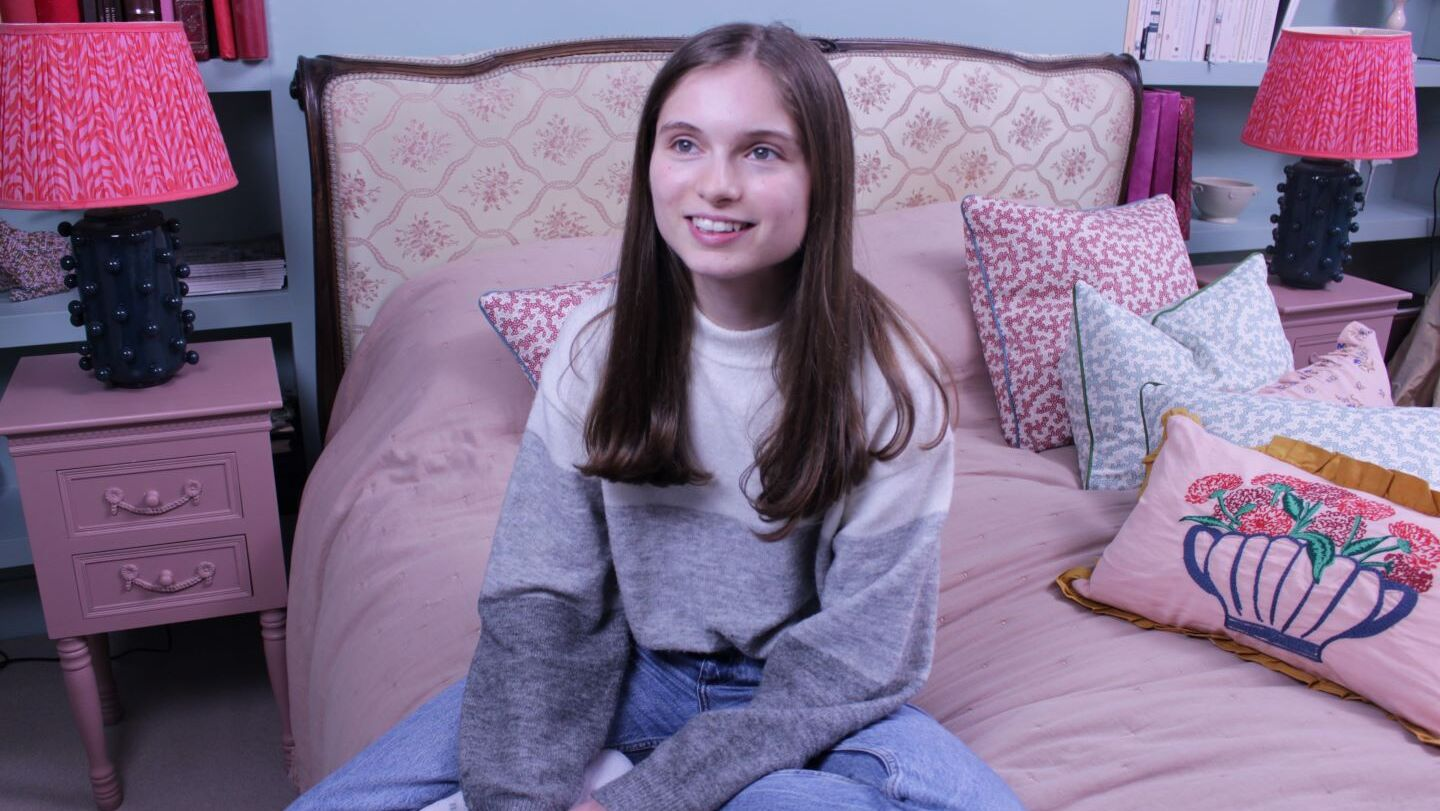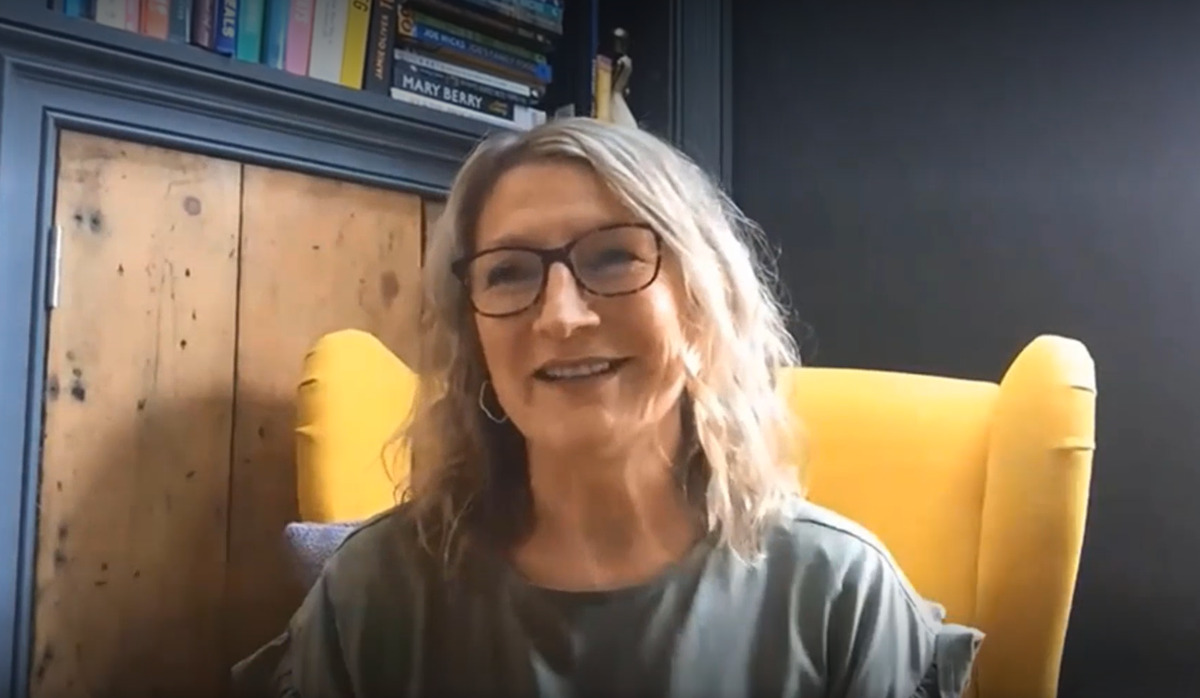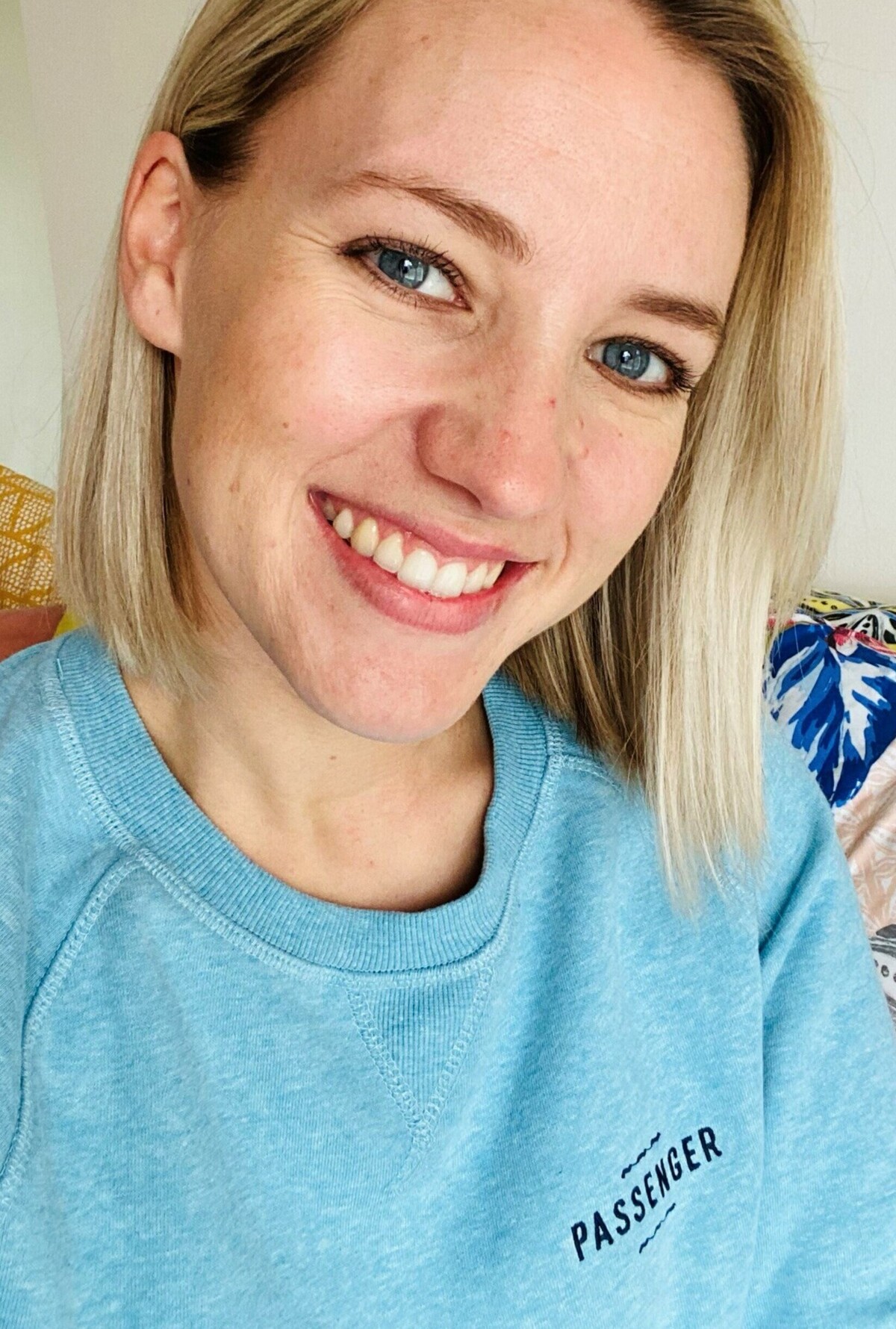Meet Martha
I’ve had several gynaecological issues in the past including polyps and fibroids, but my smear tests had always historically come back as clear or occasionally, ‘inconclusive’.
When I went for my test, I discovered I had not had a smear test for five years, which came as a surprise. Afterwards, I remember thinking “is this the time they tell me that I have cancer”.
I think a lot of women don’t attend their smear test (cervical screening), because they’re afraid of these procedures. But if you don’t go, that’s when things can get worse.After the test, I got a letter saying they’d found some abnormal cells and I’d tested positive for the HPV virus. I didn’t know what that was at the time, but the HPV virus is a predominant cause of cervical cancer. I had probably had the HPV virus for a long time without knowing it.
I was referred for a colposcopy. The procedure was quite uncomfortable and intrusive. They also took a biopsy which involved scraping the cells from my cervix and these were sent to a lab for testing.
The results of the colposcopy showed that two types of abnormal cells were present in the biopsy sample, including CIN1 and high grade CGIN. The treatment for this was a lletz procedure.
I had the lletz under a local anesthetic and it was quite scary. I didn’t fully comprehend what was happening which added to my anxiety. (The lletz procedure removes a portion of your cervix using a heated loop wire in order to remove cancerous cells).
After the procedure, I had a phone call telling me that I needed to come in urgently and to bring someone with me. I knew then it was serious.
“I was diagnosed with stage 1 cervical cancer.”
My type of cervical cancer was an ‘adenocarcinoma’ and it was glandular (rather than squamous) which is a less common form.
I had loads of questions – what had caused it? How was it going to impact on my fertility?
My head was spinning. I remember not really knowing what to think or how to respond to the news. My mind just went blank.
I was allocated a Clinical Nurse Specialist (CNS) and she gave us some time to ask more questions. At the time I couldn’t focus on reading anything and struggled to take in the information.
The treatment plan set out by my consultant was another lletz procedure to remove any remaining cancerous cells and both CT and MRI scans to check if cancer had spread into my uterus.
“I found out the cancer hadn't spread.”
I didn’t have to have chemotherapy or radiotherapy. I felt lucky.
After the second lletz and further surgical procedures I was told by the consultant that they could not be 100% sure tall cancerous cells had been removed. I also was told on numerous occasions that if I was older and had not ‘completed my family’ they would recommend a hysterectomy. I was 36.
I went through hell, but I received the all-clear in February 2020. And two months later, I found out I was pregnant.
Even when I was pregnant, I had to have a colposcopy which was scary. I also needed to attend the ‘preterm birth clinic’ at the hospital every fortnight for scans. I believed everything would be fine.
However at 16 weeks they discovered what they called ‘sludge’ in the amniotic fluid. I had just reached the second trimester and I was told I needed an urgent ‘Shirodkar stitch’.
The operation would require an spinal anaesthetic and I was told there was a risk to the foetus, my baby may not make it. It was terrifying. Because of the covid restrictions at the time and I had to go alone, without support from my husband or family. I felt so vulnerable and worried for my unborn baby.
My baby survived and that was my happy ending.





